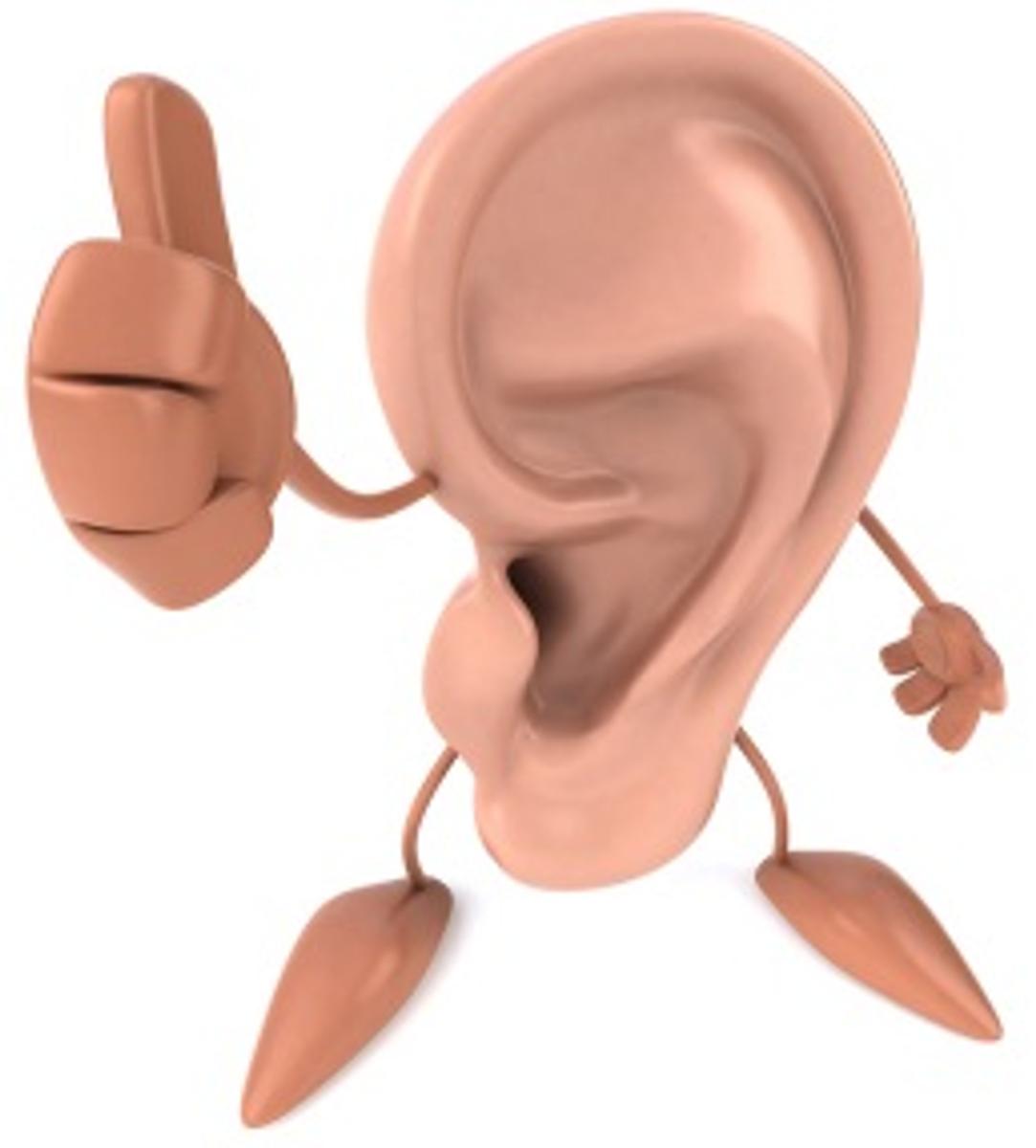From the School Nurse
Mrs. Julia Lohmeyer

From the School Nurse
Mrs. Julia Lohmeyer
Some causes of hearing damage
Once hearing is damaged, it often can’t be restored. Some of the many causes of hearing damage include:


Noise –when the sensitive hairs that pick-up sounds in the ear are damaged by excessive noise. Ringing in the ears after exposure to loud noise is a warning sign that your ears have been overloaded.
Drugs – certain chemicals and drugs can damage your hearing.
Disease – some diseases, such as measles, mumps, rubella (German measles) and meningitis, can cause loss of hearing.
Injury – including perforation of the ear drum, fractured skull or large changes in air pressure.
Noise and hearing
The amount of damage that noise can do to your ears depends on the amount of energy in the noise. The energy depends on both the intensity of the noise (how loud it is) and how long you are exposed to the noise. The amount of energy in the noise and the damage it can do to your hearing increases very rapidly as it gets louder.
If you can't understand what people are saying to you because of the noise around you, get away from there because your hearing is at risk! Any noise that leaves you with ringing in your ears can also be dangerous and should be avoided, or at least turned down!!
For young people in particular, the most dangerous noise is amplified music, for example in gigs and clubs. Headphones, car stereos and mobile phones are also having a bad effect on the hearing of young people.
Headphones are fine if you use them safely. Research shows that 25% of people listen to headphones at a level that will cause hearing damage. Follow the 60/60 rule - don't have your player above 60% of the maximum volume, and don't listen to it for more than 60 minutes at a time.
Structural changes to some of the hair cells and nerves in the inner ear happen immediately after being exposed to very loud noise for a long time.
You might experience:
These effects may go away after a few hours, but sometimes it can take several days. Being exposed to loud noise often will mean losing hair cells as you get older, so that it is harder to pick up the detail in sound.
To avoid hearing damage from excessive noise:
Injury and hearing
The middle and inner ears are protected by the temporal bones, located at the base and sides of the skull. Head injury that involves trauma to these bones can cause hearing loss. Concussion may be enough to cause hearing damage, even if the skull bones aren’t broken. Hearing damage can also be caused by changes in air pressure on either side of the eardrum. This can be caused by descending or ascending through water too quickly – for example, while scuba diving.Suggestions to avoid hearing damage through injury include:
Other suggestions on ear care
A range of conditions and events can cause temporary hearing loss. Suggestions on reducing your risk include:
References: www.cyh.com,www.betterhealth.vic.gov.au